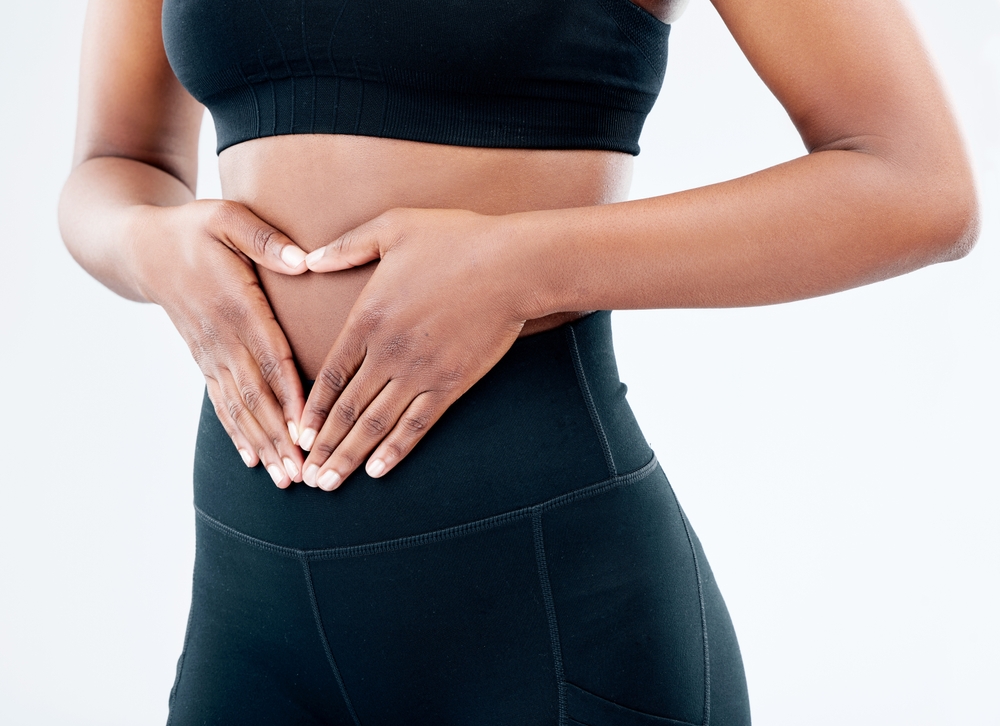Let’s face it — the thought of trillions of bacteria partying inside your intestines isn’t exactly dinner table conversation. But what if I told you these microscopic roommates might be influencing your food cravings, your mental health, and even whether you catch that cold going around the office? The bacterial universe inhabiting your digestive tract is basically running the show, and most of us haven’t been properly introduced to the cast of characters.
Your gut is actually your second brain
That “gut feeling” you get isn’t just a cute expression. The connection between your digestive system and your brain is so strong that scientists actually call your gut the “second brain.” This impressive nickname comes from the enteric nervous system — a complex network of neurons embedded in your gut walls that can operate independently from your central nervous system.
Your gut and brain chat constantly through something called the gut-brain axis. This communication superhighway uses neural connections, immune pathways, and hormone signals to keep the conversation flowing. And guess who’s listening in and even contributing to this chat? Your gut bacteria.
When your gut microbiome is thriving with diverse, beneficial bacteria, they produce compounds that positively influence this conversation. Certain probiotic strains actually produce neurotransmitters like serotonin — yes, the same “happy chemical” targeted by many antidepressants. In fact, about 90% of your body’s serotonin is produced in your gut, not your brain.
Next time you feel unusually anxious or down, your gut bacteria might be trying to tell you something. They’re not just passive passengers on your digestive journey — they’re active participants in your emotional life.
Your immune system is mostly in your gut
Here’s something mind-blowing — roughly 70-80% of your immune tissue lives in your digestive tract. Your gut is essentially your body’s frontline defense system, which makes evolutionary sense. After all, your digestive tube is technically part of your “outside” that’s folded inside you, constantly exposed to foreign substances.
Probiotics help train this gut-associated immune tissue, teaching it the difference between harmful invaders and harmless visitors. Certain probiotic strains strengthen the physical barrier of your intestinal wall, preventing unwanted substances from leaking through and triggering immune reactions.
Some probiotics even produce natural antibiotics called bacteriocins that target harmful bacteria while leaving the good guys alone. It’s like having your own personal security team that knows exactly who belongs on the guest list and who needs to be shown the door.
People with robust, diverse gut bacteria tend to get sick less often and recover faster when they do catch something. Your immune system’s effectiveness isn’t just about genetic luck — it’s significantly influenced by the microbial community you’re hosting.
The surprising places inflammation starts
Chronic inflammation is being recognized as a root cause of everything from heart disease to depression. But where does this inflammation begin? For many people, the trouble starts in the gut.
When your intestinal barrier becomes compromised — a condition colorfully known as “leaky gut” — particles that should remain in your digestive tract can pass into your bloodstream. Your immune system, doing its job, recognizes these as foreign invaders and mounts an inflammatory response.
Certain probiotic strains help maintain and repair this crucial barrier. They also produce short-chain fatty acids that regulate inflammation throughout your body. These compounds have such powerful anti-inflammatory effects that researchers are studying them as potential treatments for inflammatory conditions ranging from arthritis to allergies.
Even skin conditions like eczema, psoriasis, and acne have been linked to gut health and inflammation. That expensive skincare routine might be less effective than simply showing your gut bacteria some love.
The weight management helpers you’ve been overlooking
Your gut bacteria might be influencing your pants size more than you realize. Different bacterial species have been linked to either obesity or leanness, suggesting that your microbiome plays a role in how you process calories and store fat.
Some bacteria are particularly efficient at extracting energy from food, potentially increasing the calories you absorb. Others influence hormones that regulate hunger and fullness. There’s even evidence that certain gut bacteria can trigger cravings for specific foods that feed them — meaning those chocolate cravings might actually be coming from your microscopic manipulators.
Probiotics won’t magically melt away pounds, but fostering the right bacterial balance creates an internal environment that supports healthy weight. People with diverse gut bacteria tend to maintain healthier weights and have better metabolic health markers.
The connection goes beyond weight to metabolic health in general. Your gut bacteria influence how your body processes sugar and regulates insulin, affecting your risk for metabolic syndrome and type 2 diabetes.
The probiotic foods that actually work
Not all probiotic sources are created equal. Many commercial products make big promises but deliver minimal benefits. Your best bet? Start with traditionally fermented foods that humans have been consuming for thousands of years.
Yogurt with live active cultures has stood the test of time for good reason. Look for varieties without added sugar and with multiple bacterial strains listed on the label. Greek and traditional European styles often contain more robust bacterial cultures than highly processed alternatives.
Unpasteurized sauerkraut and kimchi don’t just add zing to your meals — they introduce beneficial bacteria along with prebiotic fibers that feed them. The fermentation process creates the perfect environment for beneficial bacteria to thrive, and the sour taste is your clue that those good bugs are present.
Kefir, a tangy fermented milk drink, typically contains a more diverse range of probiotics than yogurt. It’s particularly rich in beneficial yeast along with various bacterial strains, creating a more complex probiotic community.
Kombucha has exploded in popularity recently, but quality varies dramatically. Look for brands with lower sugar content and a slight vinegar smell, indicating proper fermentation. Better yet, learn to brew your own to control the ingredients and maximize probiotic content.
The fiber connection you need to understand
Consuming probiotics is only half the equation. Those beneficial bacteria need to eat too, and their preferred food is fiber — specifically, types of fiber your body can’t digest but your gut bacteria can.
These special fibers, called prebiotics, fuel the growth and activity of beneficial bacteria. Without adequate prebiotic intake, even the most expensive probiotic supplement won’t create lasting change in your gut ecosystem.
Particularly powerful prebiotic foods include garlic, onions, leeks, asparagus, bananas, oats, apples, and flaxseeds. Each contains different types of fiber that feed various beneficial bacterial species. Diversity in your fiber intake promotes diversity in your gut bacteria, and a more diverse microbiome is generally a healthier one.
Aim for at least 30 different plant foods weekly to support maximal bacterial diversity. Each plant contains unique fibers and compounds that feed different bacterial species. Consider keeping a simple tally on your phone to track your weekly plant diversity score.
The daily habits revolutionizing gut health
Beyond food, your lifestyle significantly impacts your internal bacterial community. Sleep deprivation alters your gut bacteria within just two days, decreasing beneficial strains and increasing inflammatory species. Prioritizing 7-9 hours of quality sleep nightly is one of the simplest ways to support your microbiome.
Regular physical activity increases bacterial diversity and boosts production of those anti-inflammatory short-chain fatty acids we discussed earlier. You don’t need intense workouts — even walking has beneficial effects on your gut bacteria composition.
Managing stress might be as important as your diet when it comes to gut health. Chronic stress alters blood flow to your digestive system, changes motility, and modifies your bacterial composition. Meditation, deep breathing, or simply spending time in nature can help maintain a balanced microbiome.
Unnecessary antibiotics can devastate your gut bacteria, killing beneficial species along with harmful ones. While these medications are sometimes necessary, always discuss with your healthcare provider whether an antibiotic is truly needed for your condition.
Your gut bacteria aren’t just passive hitchhikers — they’re active participants in your health story. By nurturing this internal ecosystem with probiotics, prebiotic fibers, and supportive lifestyle habits, you’re not just improving your digestion. You’re potentially transforming your immune function, mental health, metabolic health, and overall resilience. Your microscopic allies are ready to work with you — they just need the right environment to thrive.












